CookedA Natural History of Transformation
In Cooked, Michael Pollan explores the previously uncharted territory of his own kitchen. Here, he discovers the enduring power of the four classical elements—fire, water, air, and earth—to transform the stuff of nature into delicious things to eat and drink.
Apprenticing himself to a succession of culinary masters, Pollan learns how to grill with fire, cook with liquid, bake bread, and ferment everything from cheese to beer. In the course of his journey, he discovers that the cook occupies a special place in the world, standing squarely between nature and culture. Both realms are transformed by cooking, and so, in the process, is the cook.
Each section of Cooked tracks Pollan’s effort to master a single classic recipe using one of the four elements. A North Carolina barbecue pit master tutors him in the primal magic of fire; a Chez Panisse–trained cook schools him in the art of braising; a celebrated baker teaches him how air transforms grain and water into a fragrant loaf of bread; and finally, several mad-genius “fermentos” (a tribe that includes brewers, cheese makers, and all kinds of picklers) reveal how fungi and bacteria can perform the most amazing alchemies of all. The reader learns alongside Pollan, but the lessons move beyond the practical to become an investigation of how cooking involves us in a web of social and ecological relationships: with plants and animals, the soil, farmers, our history and culture, and, of course, the people our cooking nourishes and delights. Cooking, above all, connects us.
The effects of not cooking are similarly far reaching. Relying upon corporations to process our food means we consume large quantities of fat, sugar, and salt; disrupt an essential link to the natural world; and weaken our relationships with family and friends. In fact, Cooked argues, taking back control of cooking may be the single most important step anyone can take to help make the American food system healthier and more sustainable. Reclaiming cooking as an act of enjoyment and self-reliance, learning to perform the magic of these everyday transformations, opens the door to a more nourishing life.
Michael Pollan is the author of five books: Second Nature, A Place of My Own, The Botany of Desire, which received the Borders Original Voices Award for the best nonfiction work of 2001 and was recognized as a best book of the year by the American Booksellers Association and Amazon, and the national bestellers, The Omnivore’s Dilemma, and In Defense of Food.
A longtime contributing writer to The New York Times Magazine, Pollan is also the Knight Professor of Journalism at UC Berkeley. His writing on food and agriculture has won numerous awards, including the Reuters/World Conservation Union Global Award in Environmental Journalism, the James Beard Award, and the Genesis Award from the American Humane Association.
As in The Omnivore’s Dilemma, Pollan is never less than delightful, full of curiosity, insight, and good humor. This is a book to be read, savored, and smudged with spatterings of olive oil, wine, butter, and the sulfuric streaks of chopped onion.”
—Outside
“Spurred by a number of objectives—improving his family’s general health, connecting with his teenage son, and learning how people can reduce their dependence on corporations, among others—Pollan (The Omnivore’s Dilemma; In Defense of Food) came to the realization that he’d be able to accomplish all those goals and more if he spent more time in his kitchen. He began cooking. Divided into four chapters based on the four elements, Pollan eloquently explains how grilling with fire, braising (water), baking bread (air), and fermented foods (earth) have impacted our health and culture. … Engaging and enlightening reading.”
—Publishers Weekly (starred review)
“New York Times best-selling author Pollan (The Botany of Desire; The Omnivore’s Dilemma) delivers a thoughtful meditation on cooking that is both difficult to categorize and uniquely, inimitably his… Intensely focused yet wide ranging, beautifully written, thought provoking, and, yes, fun, Pollan’s latest is not to be missed by those interested in how, why, or what we cook and eat.”
—Library Journal (starred review)
“Having described what’s wrong with American food in his best-selling The Omnivore’s Dilemma (2006), New York Times contributor Pollan delivers a more optimistic but equally fascinating account of how to do it right…. A delightful chronicle of the education of a cook who steps back frequently to extol the scientific and philosophical basis of this deeply satisfying human activity.”
—Kirkus (starred review)
“Pollan’s newest treatise on how food reaches the world’s tables delves into the history of how humankind turns raw ingredients into palatable and nutritious food. To bring some sense of order to this vast subject, he resurrects classical categories of fire, water, air, and earth… Four recipes accompany the text, and an extensive bibliography offers much deeper exploration. Pollan’s peerless reputation as one of America’s most compelling expositors of food and human sustainability will boost demand.”
—Booklist (starred review)


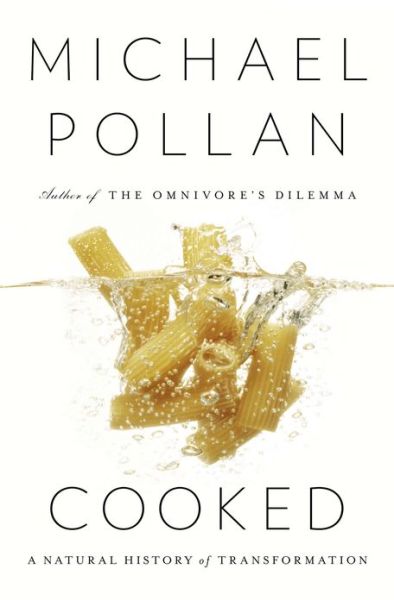


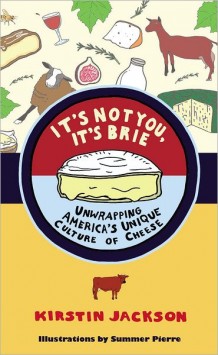
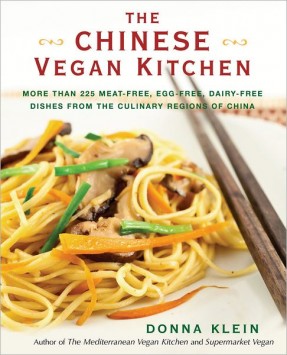
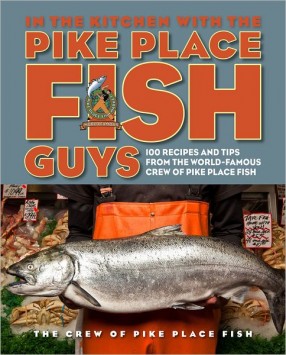
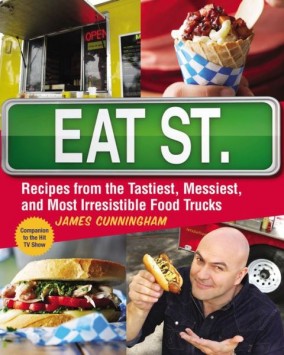
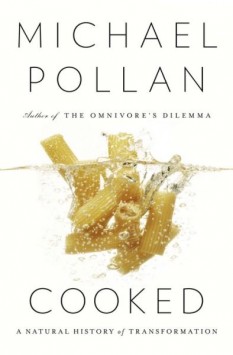

Leave a Reply